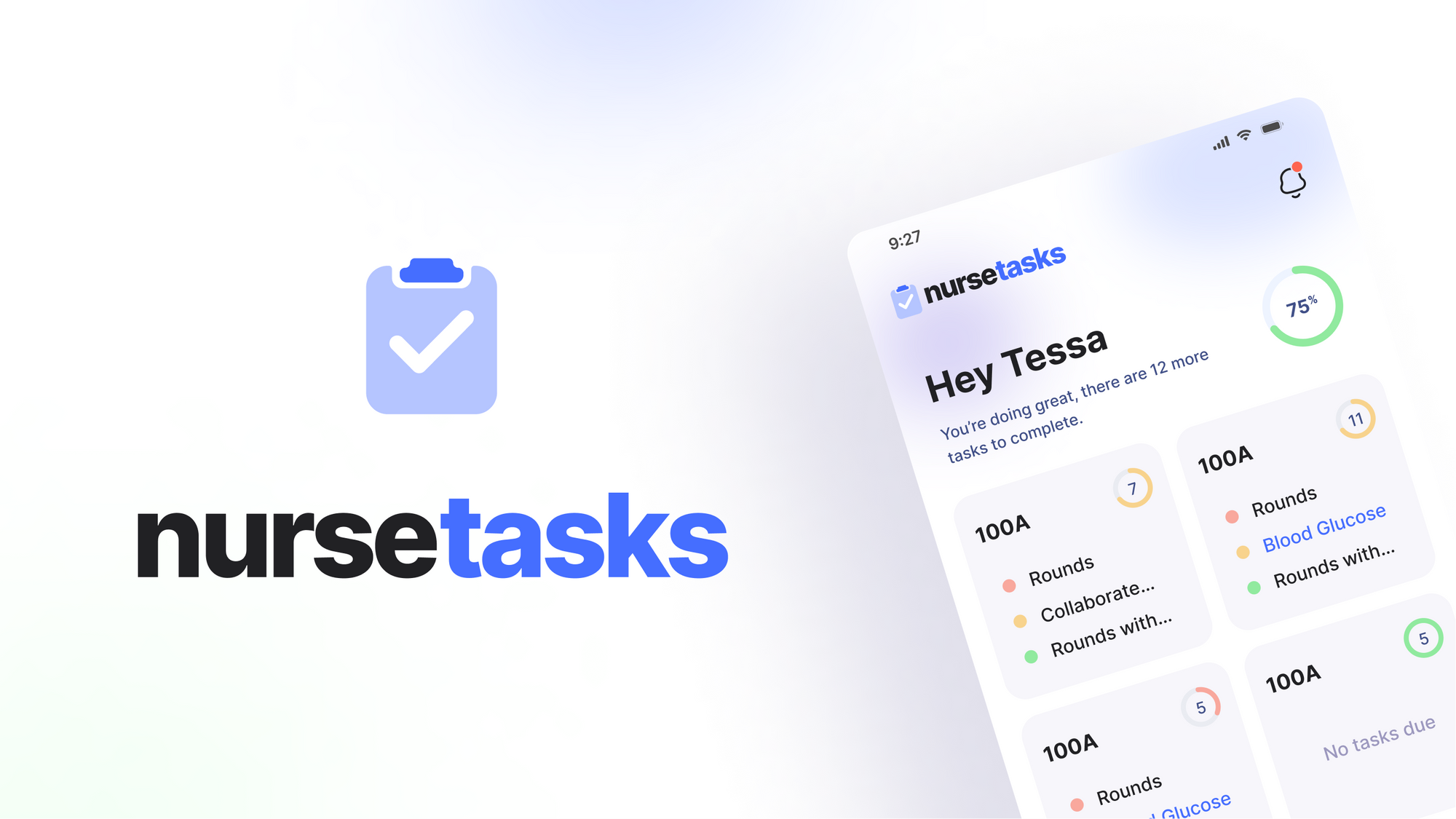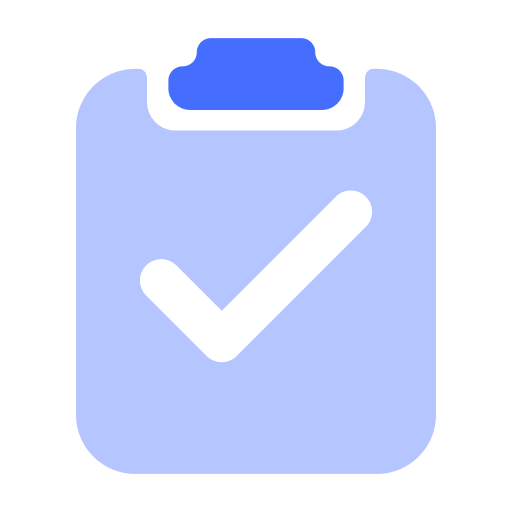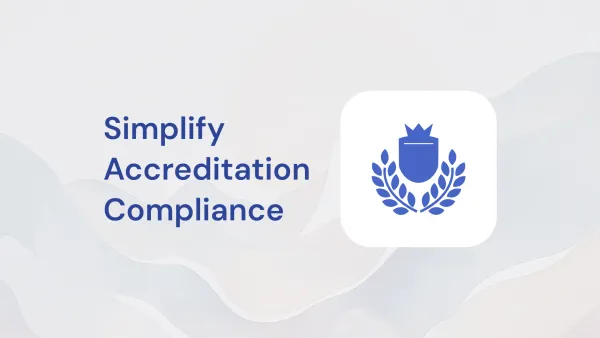Navigating the Transition from Student to Nurse: A Comprehensive Guide

Becoming a professional nurse is an exciting and transformative journey. After years of hard work, dedication, and clinical experience, you're ready to transition from being a nursing student to a professional nurse. This transition can be both exhilarating and challenging as you navigate new responsibilities, settings, and expectations. In this comprehensive guide, we'll explore essential tips and advice to help you navigate this transition successfully and embark on a fulfilling nursing career.
Embrace Lifelong Learning
As a professional nurse, learning doesn't stop once you graduate. Embrace the concept of lifelong learning and commit yourself to staying updated with the latest research, evidence-based practices, and advancements in healthcare. Pursue continuing education opportunities, attend conferences, and join professional nursing organizations to expand your knowledge and enhance your skills.
Build Strong Communication Skills
Effective communication is the cornerstone of nursing practice. Develop strong communication skills to interact with patients, families, colleagues, and members of the healthcare team. Learn to listen actively, convey information clearly, and cultivate empathy and compassion in your interactions. Effective communication enhances patient care, fosters collaboration, and promotes positive outcomes.
Seek Mentorship and Guidance
Finding a mentor can greatly support your transition from student to professional nurse. Seek out experienced nurses who can provide guidance, share insights, and offer advice on navigating challenges. A mentor can be a valuable resource to help you grow both personally and professionally, providing guidance on clinical skills, career advancement, and work-life balance.
Embrace Critical Thinking
Critical thinking is a fundamental skill for professional nurses. It involves the ability to analyze situations, assess patient needs, make sound decisions, and prioritize care. Practice critical thinking in your clinical practice, challenging assumptions and seeking evidence to guide your nursing interventions. Continuously refine your critical thinking skills through case studies, simulation exercises, and real-world experiences.
Develop Effective Time Management
Time management is crucial in the fast-paced world of nursing. Learn to prioritize tasks, organize your workflow, and effectively manage your time. Use tools such as to-do lists, calendars, and task management apps to stay organized and ensure that you complete your assignments and responsibilities in a timely manner.
Embrace Self-Care
Nursing can be demanding, both physically and emotionally. Prioritize self-care to prevent burnout and maintain your well-being. Practice self-care strategies such as regular exercise, healthy eating, adequate sleep, and stress management techniques. Take breaks when needed and seek support from colleagues and loved ones. Remember, taking care of yourself allows you to provide the best care to your patients.
Reflect on Your Practice
Reflection is an essential component of professional growth. Take time to reflect on your nursing practice, identify areas for improvement, and celebrate your achievements. Engage in self-reflection, journaling, and debriefing sessions with colleagues or mentors to gain insights and enhance your skills as a nurse.
Advocate for Your Patients
As a professional nurse, you are an advocate for your patients. Speak up for their needs, rights, and preferences. Ensure they receive safe, high-quality care by collaborating with the healthcare team, promoting informed decision-making, and addressing any concerns. Develop strong advocacy skills to make a positive impact on patient outcomes.
Final Thoughts
Transitioning from a nursing student to a professional nurse is a significant milestone in your career. By embracing lifelong learning, building strong communication skills, seeking mentorship, and developing critical thinking, time management, and self-care strategies, you can navigate this transition successfully. Additionally, incorporating technology and leveraging nursing apps can greatly enhance your practice and streamline your workflow.
Consider utilizing task management apps to stay organized and prioritize your tasks effectively. These apps can help you create to-do lists, set reminders, and track your progress, ensuring that you stay on top of your responsibilities. Check out NurseTasks.

Explore nursing reference apps that provide quick access to drug information, medical references, and clinical guidelines. These apps can be valuable resources during patient care, allowing you to access up-to-date information and make informed decisions.
Incorporate mobile health apps that enable you to monitor patients' vital signs, track medication adherence, and provide educational resources. These apps can facilitate patient engagement, improve communication, and enhance patient outcomes.
Furthermore, telehealth apps have become increasingly relevant in healthcare, providing remote consultation and monitoring capabilities. Familiarize yourself with telehealth platforms and understand how to effectively utilize them to provide virtual care and support.
Remember to stay informed about emerging technologies and their implications for nursing practice. Embrace technology as a tool to enhance patient care, improve efficiency, and expand your professional capabilities.
As you embark on your nursing career, continue to adapt and embrace advancements in technology. Incorporating relevant apps and technologies can significantly contribute to your success as a professional nurse, allowing you to provide high-quality, patient-centered care while maximizing your productivity and efficiency.
Embrace the challenges and rewards of your new role, and with a combination of essential nursing skills and the integration of technology, you'll be well-prepared to make a meaningful impact in the lives of your patients and contribute to the advancement of healthcare.






